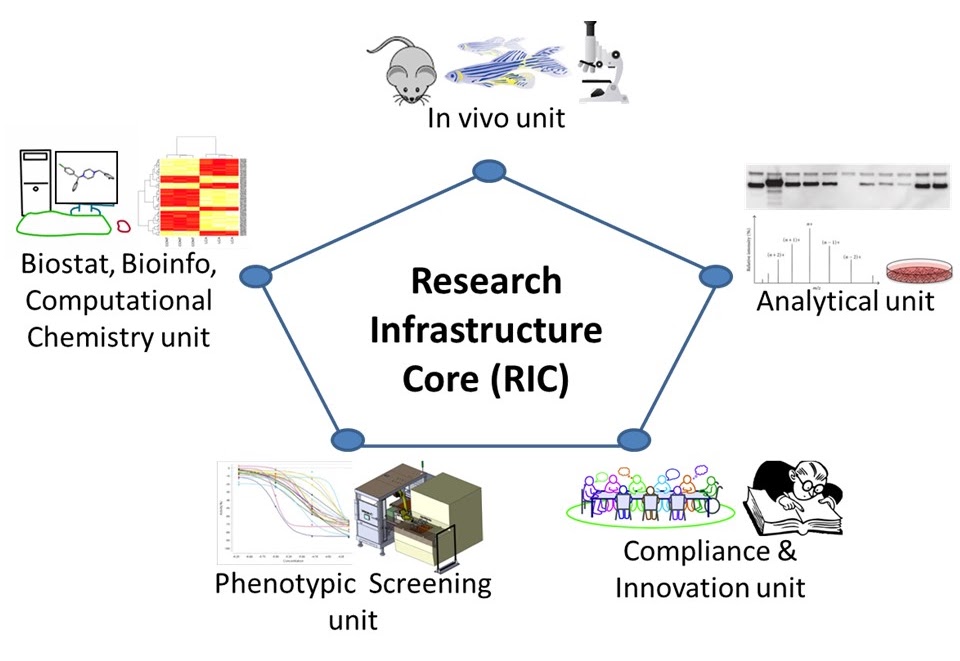Research Seminars
Health Disparities in the US are widespread, severe and unacceptable. Health disparities have been attributed to both socioeconomic and biological factors. Approaches to examine the biological factors that contribute to health disparities have been rapidly evolving due to the technological advances in biomedical sciences. Through the utilization of both in vitro and in vivo experimental models, these advances have led to the understanding of the molecular mechanism of some health disparities giving rise to the translation of research to meaningful improvements in health outcomes. Over the years, NCCU has developed multiple resources for health-related research within two research institutes, the Julius L. Chambers Biomedical/Biotechnology Research Institute (BBRI) and the Biomanufacturing Research Institute and Technology Enterprise (BRITE) along with other departments in the College of Arts and Sciences (CAS), and College of Behavioral and Social Sciences (CBSS) to conduct basic and behavioral biomedical research. We have detailed our commitment to biomedical sciences and health disparities research in the overall section. To maintain and expand our health disparity research activities at NCCU and support RCHDR investigators, we propose to develop a Research Infrastructure Core (RIC) within this RCMI grant that will facilitate those goals (Figure).
This proposed Core will develop infrastructure that will function in a synergistic way to maximize the quality and productivity of the three research projects proposed in this current proposal, future pilot projects and other relevant research projects at NCCU. The RIC will also integrate strategic collaborations with researchers at area institutions and other RCMI centers to enhance our research capacity in health-related science, in particular, minority health and health disparities. As indicated in our letters of support from partners from Duke, NCSU, UNC and Wake forest (details in Investigator Development Core), we will also leverage the resources of neighboring institutions to enhance our capacity. To achieve these goals, we propose three specific aims as follows:
Specific Aim 1: To establish new resources and integrate them with existing resources for health science research.
Specific Aim 2: To support three research projects in the current proposal and future health science projects.
Specific Aim 3: To interact with area institutions and RCMI Translational Research Network (RTRN).
In summary, RIC will provide synergistic environment to support to research projects in this proposal and future health disparity research projects at NCCU and promote intra- and inter-institutional collaborations.

